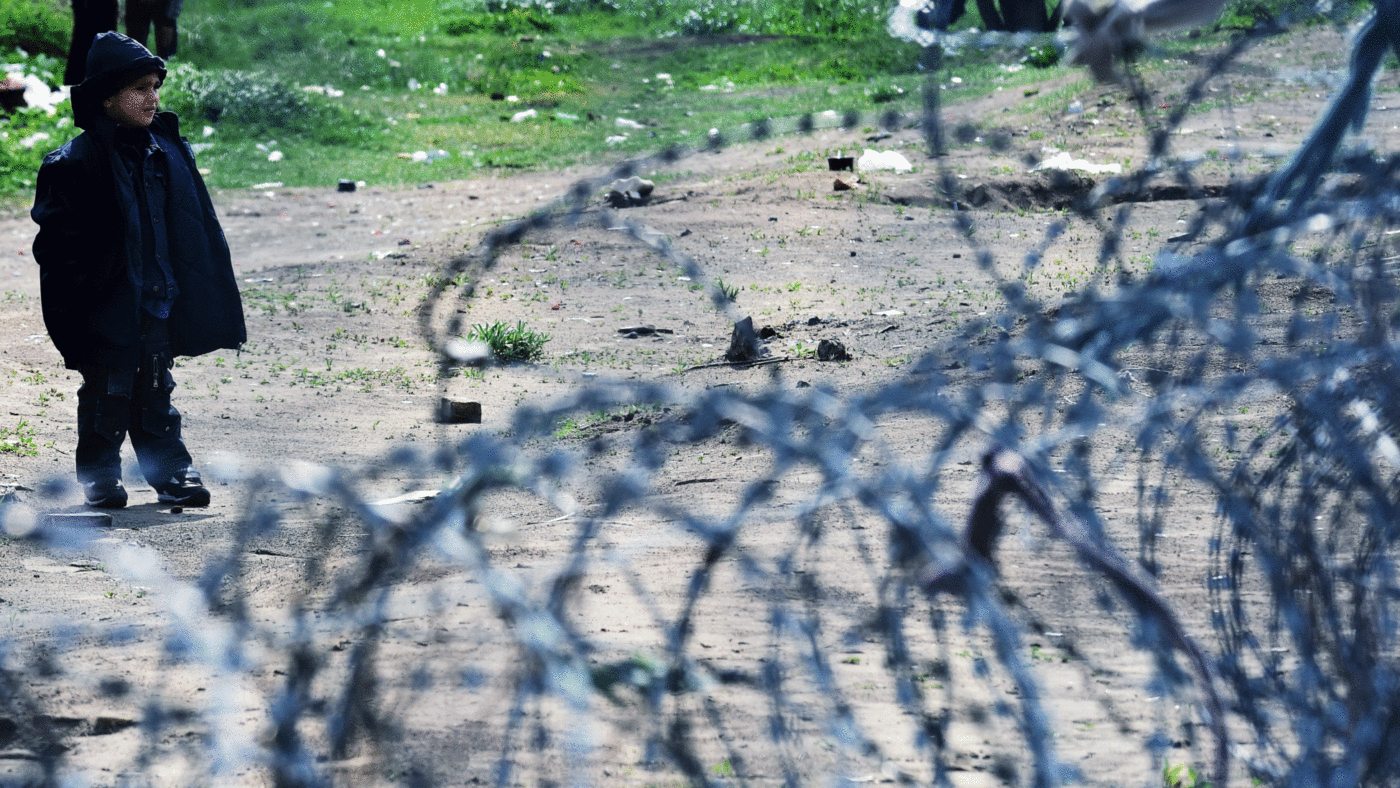Well that didn’t take long. Anyone who thought that the EU, having been chastened by the decision of the British people, would mend its ways and treat the vital concerns of its members with greater understanding, ought to have been disabused of such naive thinking this morning.
According to the reports, “The European Union’s top court dismissed complaints on Wednesday by Slovakia and Hungary about EU migration policy, upholding Brussels’ right to force member states to take in asylum seekers”.
The complaint originated in Chancellor Angela Merkel’s decision in August 2015 to welcome over one million migrants (genuine refugees as well as economic migrants) to Germany in direct contravention of the Dublin Regulation. This ruling specifies that asylum applications by those who seek protection in the EU under terms of the Geneva Convention must be processed at the point of entry, which is to say by the first EU member state that they have arrived in. Merkel then changed her mind about having them all in and decided to offload some of the wretched souls in Eastern Europe. The East demurred.
A bad-tempered meeting of the Council of the European Union (is there any other kind?) followed in September 2015. In that meeting, the Easterners were outvoted by Westerners (in the absence of a national veto, the qualified majority voting system can be pesky at times) and asked to take some of the migrants. The numbers are paltry – the Czechs are to take 376, Hungary 306, Poland 1,201, Romania 585 and Slovakia 190 – but important principles are at stake.
The resettlement of migrants who made their way from the Balkans to Germany, the Council noted deceptively, was necessary in order to show solidarity with the Hellenic Republic, which, being a basket case, cannot protect its (and, consequently, Europe’s) borders. Greece, the reader will recall, has been on the receiving side of much solidarity in recent years. This has included hundreds of billions of euros in rescue packages that no sentient being thinks will ever be repaid.
Some of the money came from Eastern Europe, prompting one Slovak lawmaker to wonder why the relatively poor Slovakia (average pension was 377 euros in 2010) should subsidise the relatively well-off Greece (average pension was 1,365 euros in 2010). In the bygone era of common sense, solidarity denoted magnanimity of the rich toward the poor. In today’s EU, it often means the opposite. (Insert your favorite Orwell quote here.)
In fact, the Council’s decision had nothing to do with Greece. The Council acted to protect Merkel from the wrath of the German public, which came to believe that the opening of the German borders to over a million non-European migrants was pure madness, and were baying for the Chancellor’s blood. The savvy Chancellor survived the short-lived challenge to her authority and will, it seems, reap the rewards of her political manoeuvering later this month, sailing as she is towards yet another electoral victory.
But, considering the truly paltry numbers of migrants involved, why are the Easterners so upset?
There is no denying that Easterners are much more xenophobic than their Western counterparts. That is, in part, a historically induced trait. The region, mostly a flat plain situated between the formerly territorially ravenous France and Germany to the west and Russia to the east, had been subjected to periodic invasions by foreigners and unbelievably horrific spasms of violence as ably described by Timothy Snyder in his 2012 bestseller Bloodlands.
It is an ugly trait, no doubt, but one that is being reinforced by the current goings on in the West. With justification, the Easterners perceive migration and non-assimilation of non-European peoples to Western Europe as a massive failure – a perception confirmed by the almost weekly terrorist attacks taking place in Western European cities from Berlin to Barcelona. As far as the Easterners are concerned, terrorism is not a problem in the East, precisely, because the region is, relatively speaking, culturally, linguistically and religiously homogeneous. Why import the troubles, if you don’t have to?
And that brings me to the last reason for the East’s annoyance. Solidarity with other EU countries aside, the resettlement diktat from Brussels is a consequence not of some unforeseen natural disaster, but of Merkel’s lawbreaking. It was the Chancellor who ignored the agreed-upon procedures for the processing of migrants. Why, the Easterners are wondering, should they be stuck with the bill?
Moving forward, I fully expect the EU’s popularity in the East to take a serious knock. The anti-immigrant stance of the East European governments is very popular and the Court’s decision is likely to strengthen some very unsavory elements on the East European political scene.
I doubt this is what the EU wanted to accomplish, but, then again, as Brexit shows, flexibility and accommodation are as alien to Brussels as migrants are to Eastern Europe.


